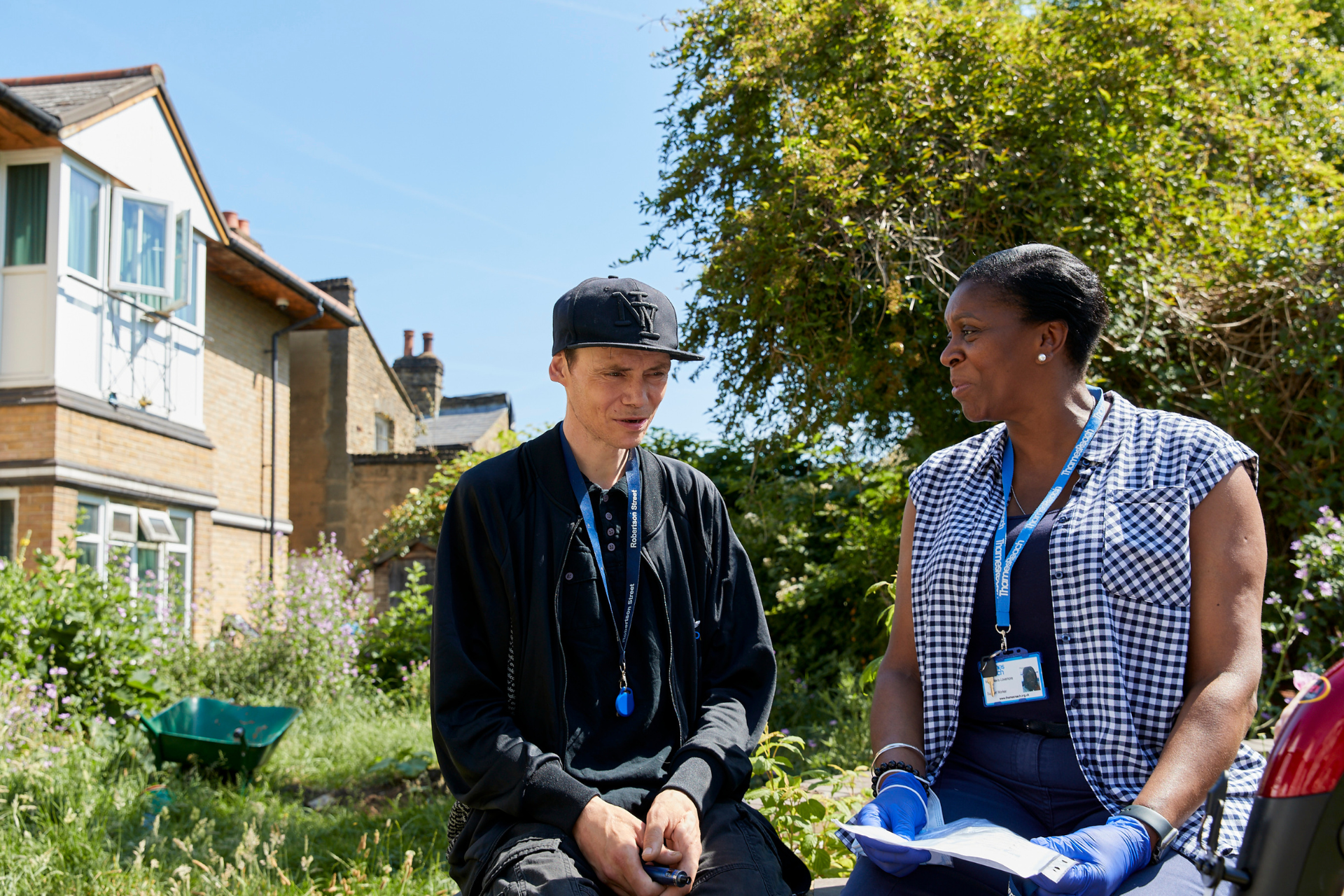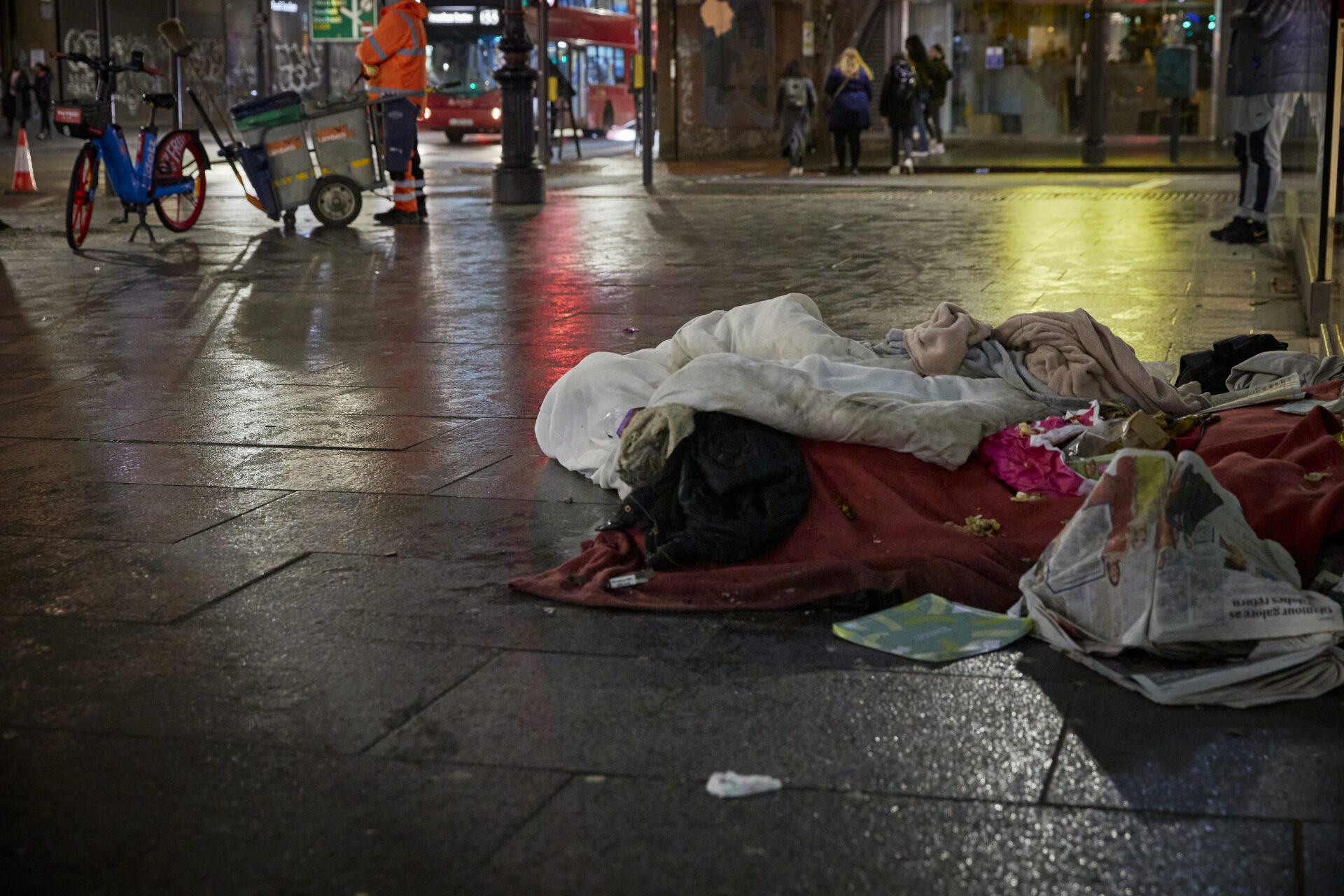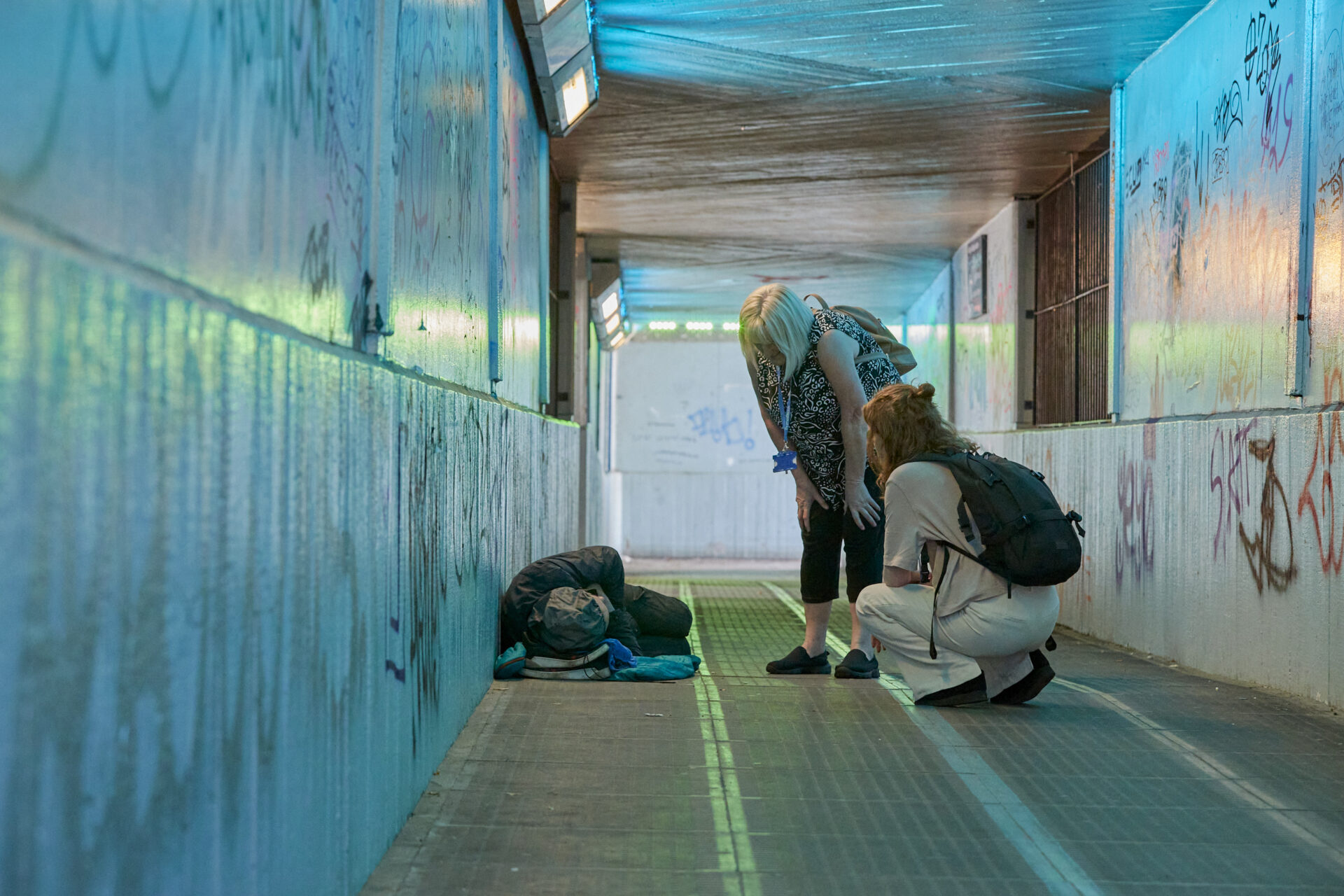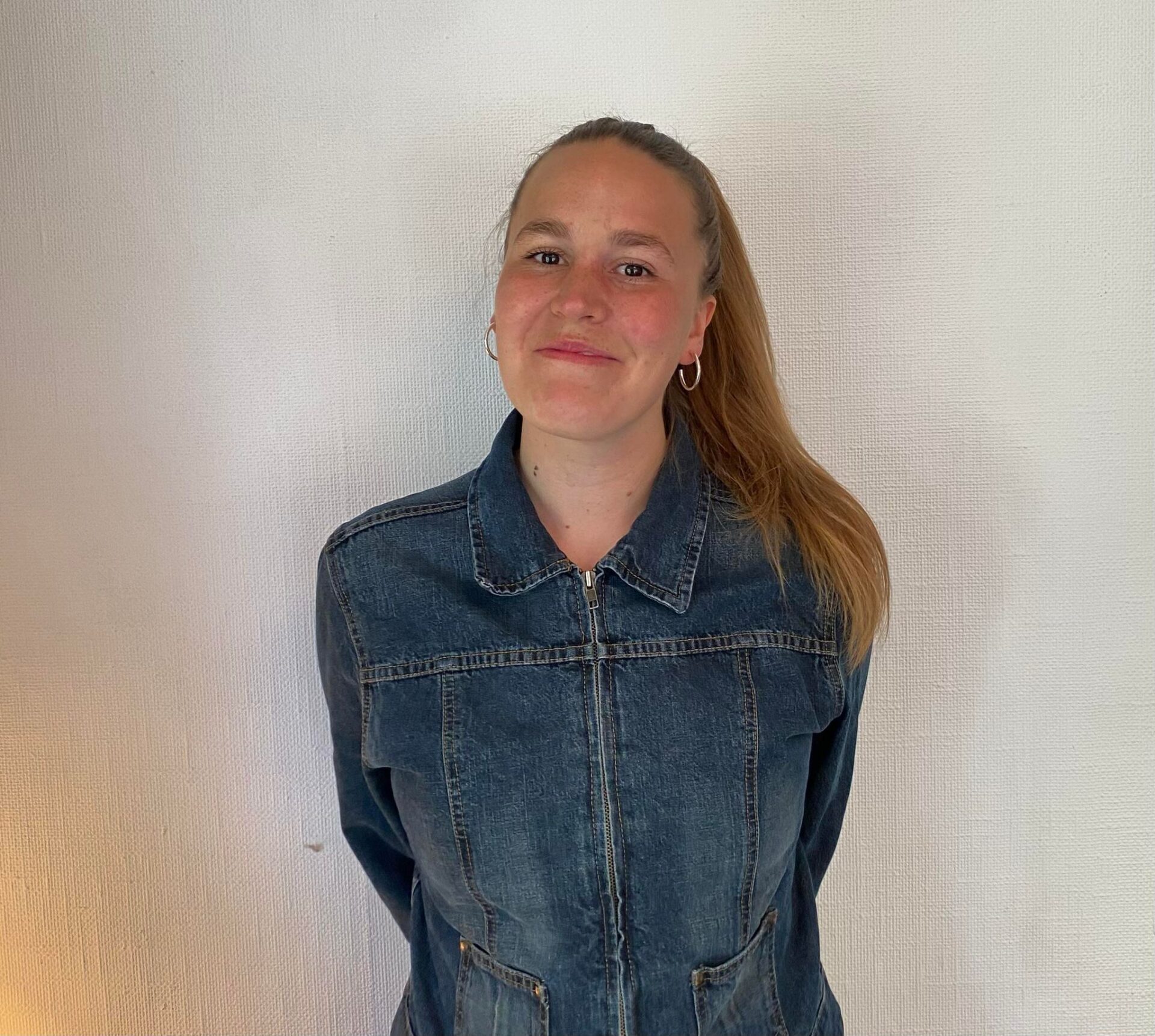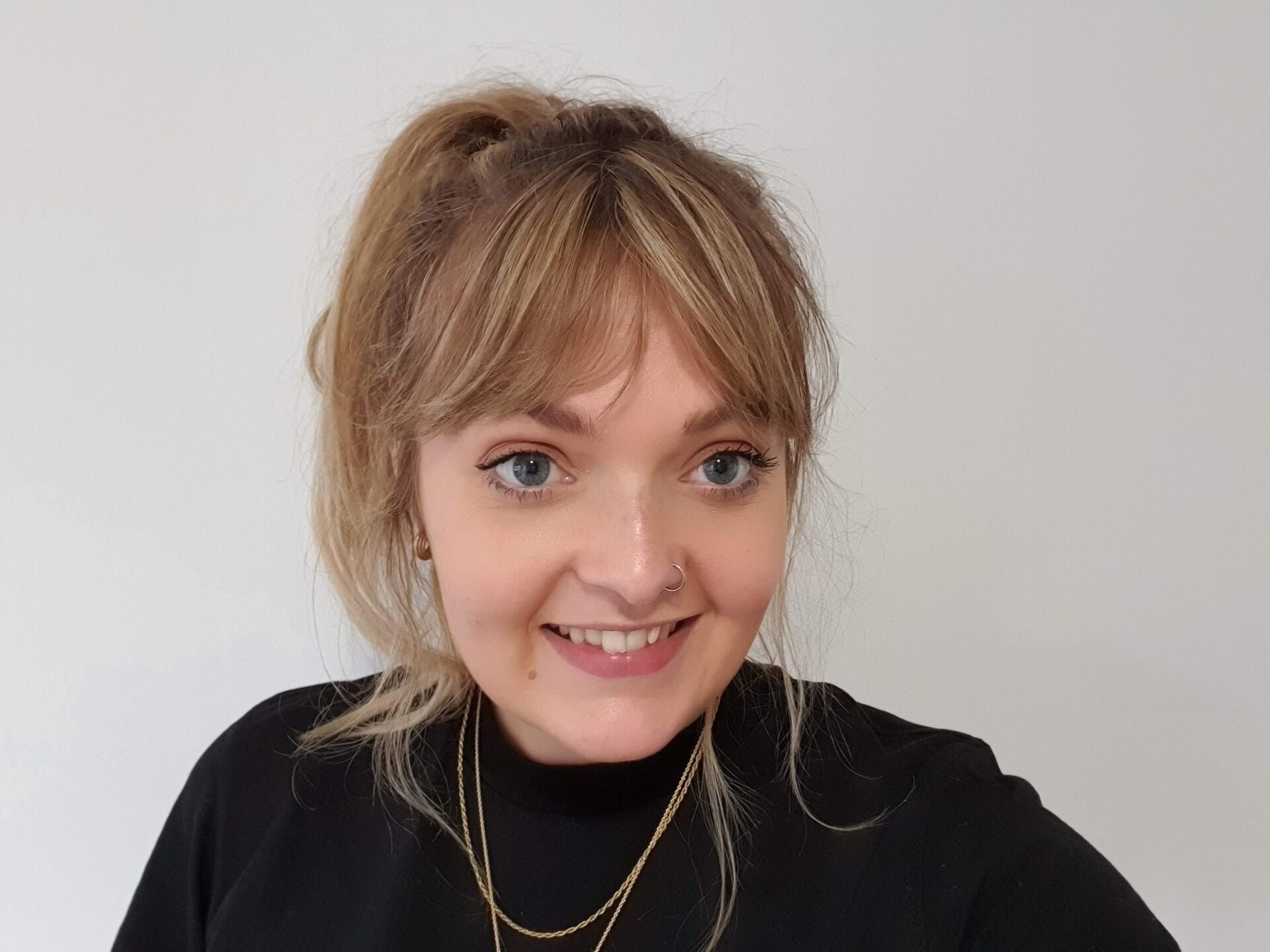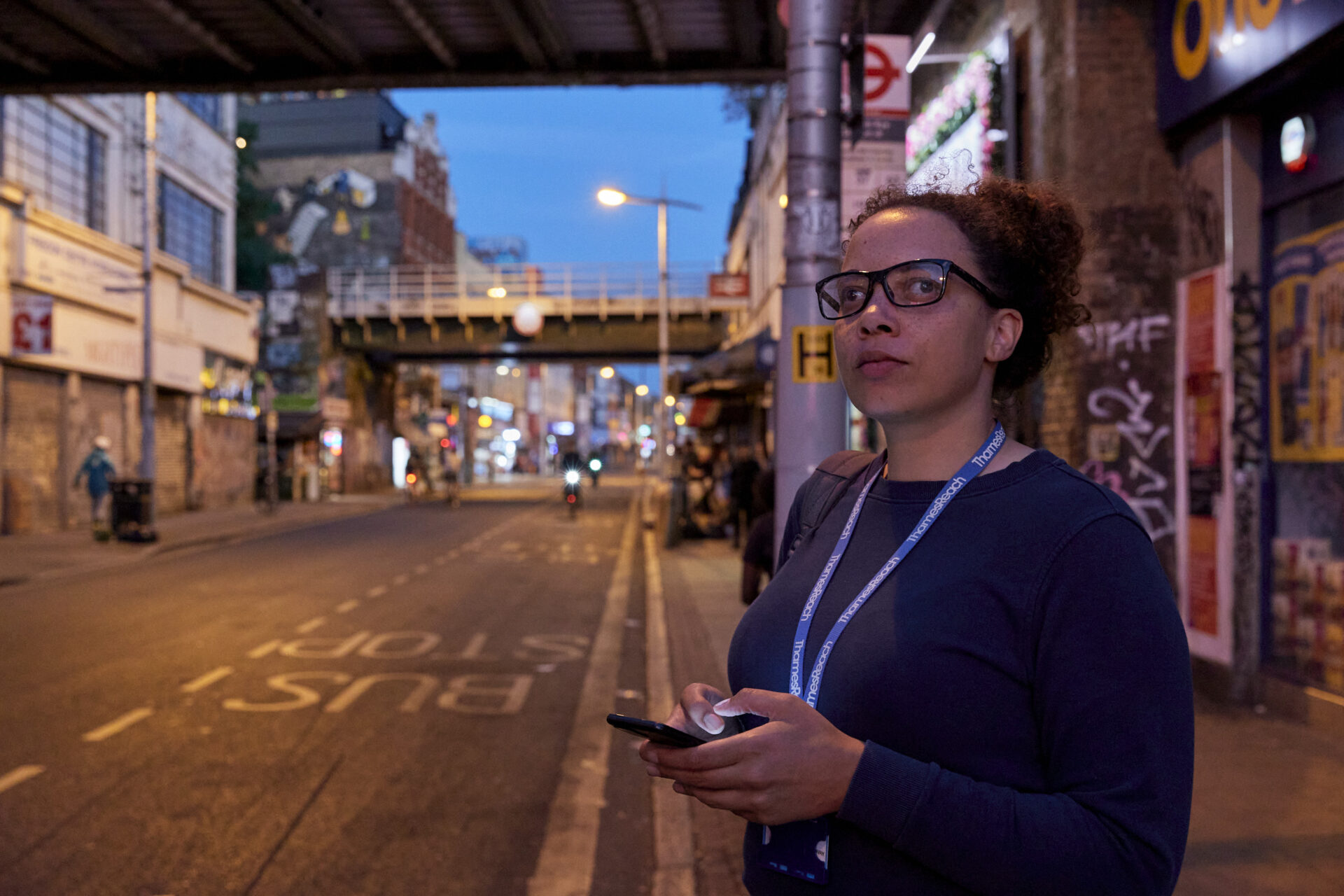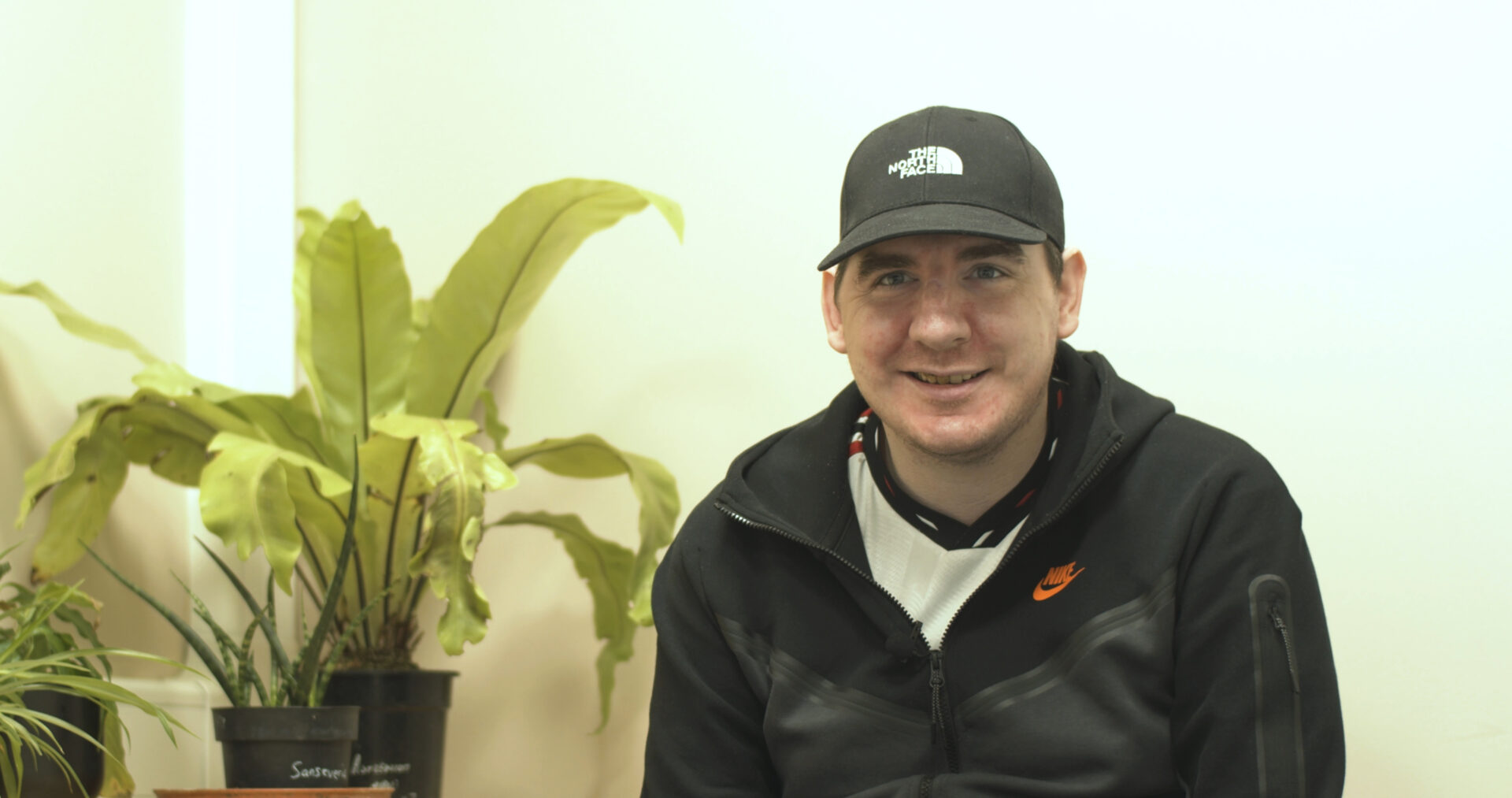New rough sleeping assessment centre opens in Square Mile
The Square Mile-based residential service opened on March 13 and offers 14 short-stay beds to support individuals rough sleeping in the area.
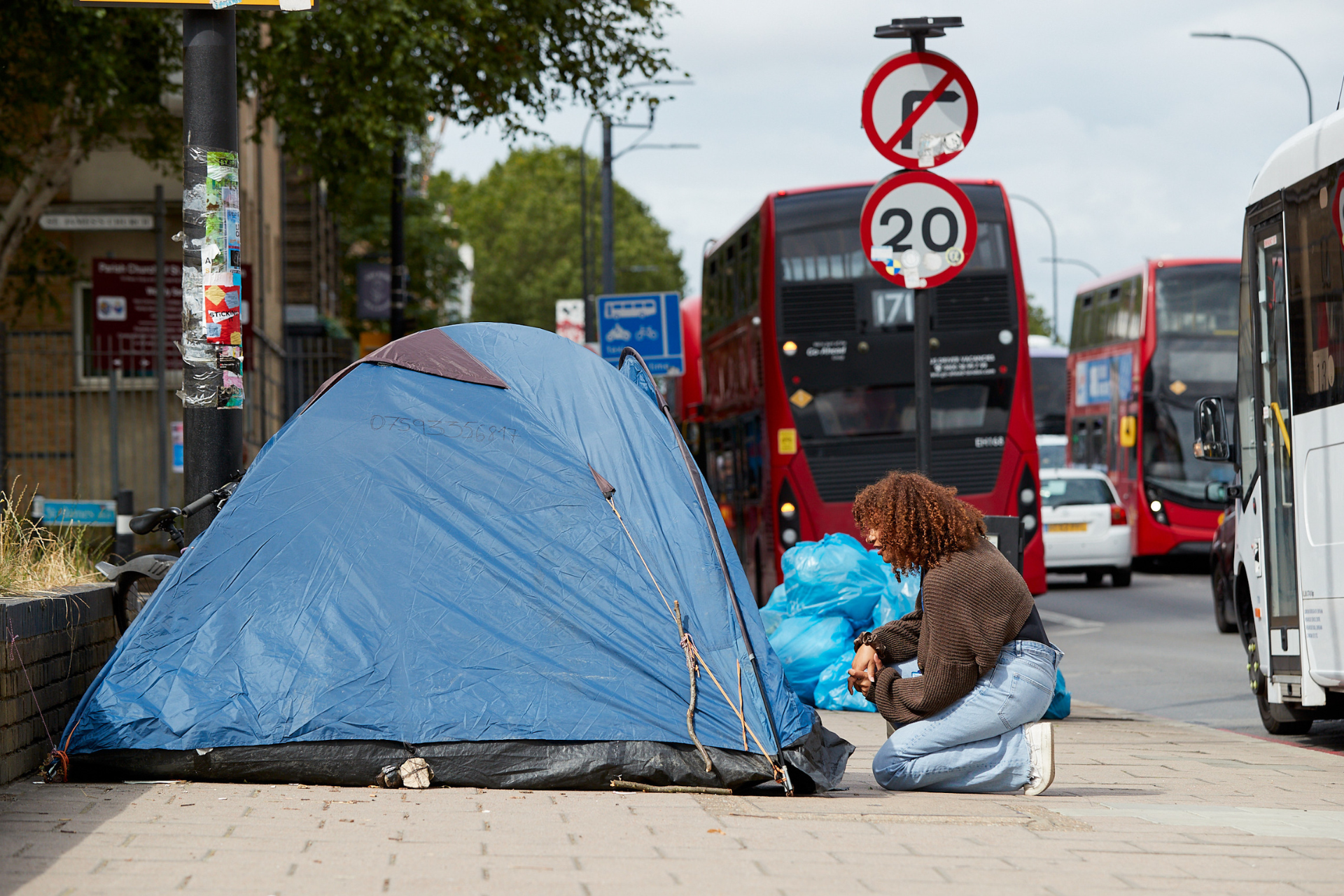
In collaboration with the City of London Corporation, we are pleased to announce the opening of a state-of-the-art Rough Sleeping Assessment Centre in the heart of the Square Mile. This residential service, operated by Thames Reach, marks a significant milestone in our ongoing efforts to end rough sleeping in the City of London.
Funded by the City of London Corporation, the centre provides 14 short-stay beds to rough sleepers, offering a safe and supportive environment for individuals with complex needs. Our dedicated team will deliver round-the-clock support, 365 days a year, working closely with health and social care providers to establish pathways away from rough sleeping and into permanent accommodation.
Situated within the grounds of the Church of Holy Sepulchre on Snow Hill Court, the assessment centre occupies a former school building that has been meticulously refurbished with the specific needs of the individuals we support in mind.
Bill Tidnam, Chief Executive at Thames Reach, expressed his enthusiasm for the new facility, stating, “The opening of this assessment centre represents a significant step forward in our mission to provide tangible support to those experiencing homelessness in the City. By collaborating closely with the City of London Corporation, we can offer individuals sleeping rough a credible local solution, accelerating the process of assessment and intervention.”
In addition to the new assessment centre, Thames Reach works tirelessly alongside the City Corporation to address homelessness and rough sleeping in the Square Mile. Through commissioned outreach services, we strive to identify and support individuals who are rough sleeping, ensuring that they don’t have to stay more than one night on the streets.

